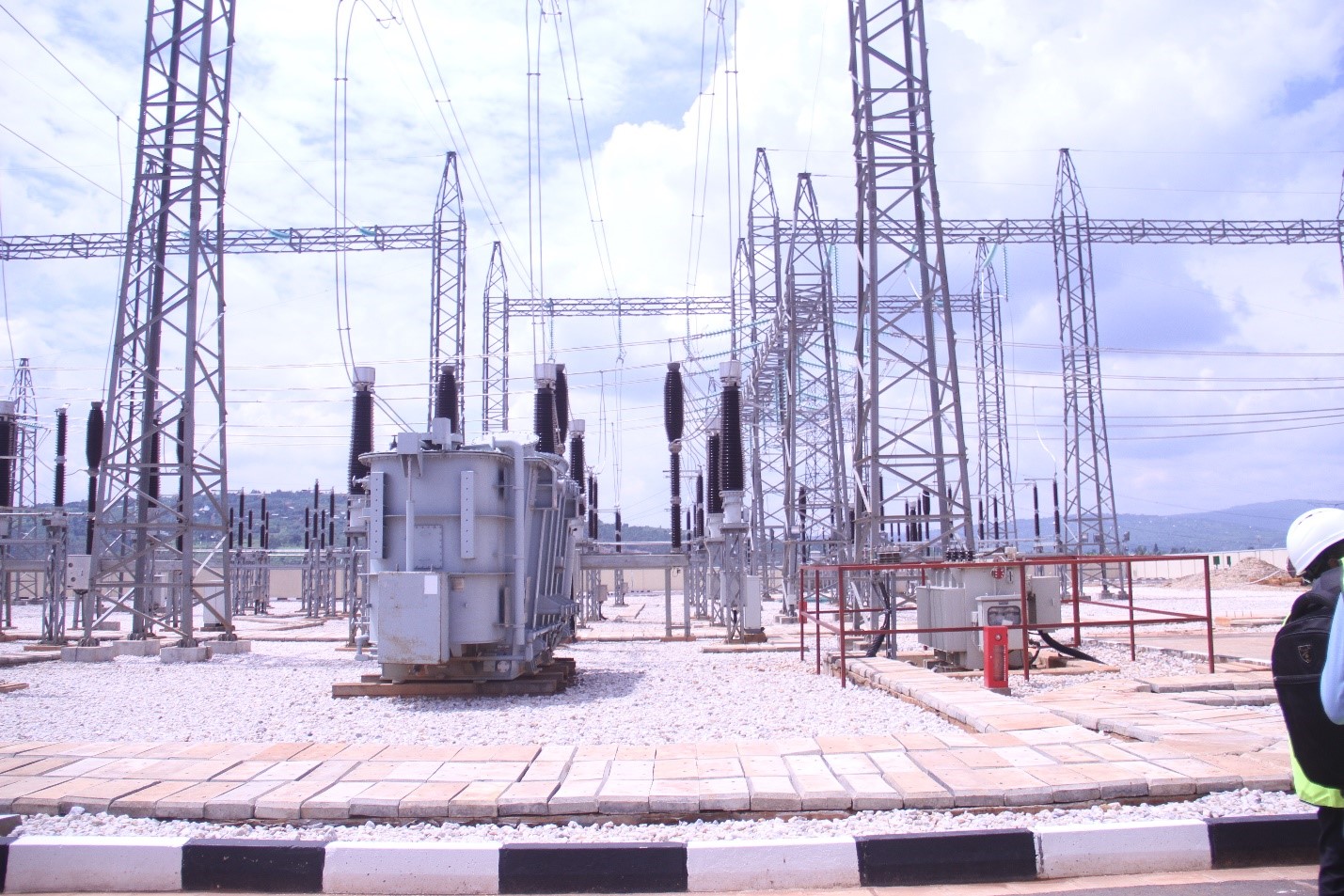Kigali: 5 May, 2020: The Government of Rwanda and the World Bank signed a US$100 million (approximately Frw 93.1 billion) supplemental financing agreement for the Third Rwanda Energy Sector Development Policy Operation (DPO).
The supplemental financing which comes in the form of budget support, will enable the Government of Rwanda to prepare a timely fiscal response to the economic shock from the COVID-19 pandemic, to set up platforms for policy development and coordination of prevention and preparedness, and to safeguard the reform agenda supported by the budget support series.
The Third Rwanda Energy Development Policy Operation (DPO) was the last of the 375million program series, the first of which was approved in December 2018. The DPO series support Rwanda’s energy sector reform program by addressing the likely fiscal risks related to achieving the National Strategy for Transformation (NST1) targets which include universal access to affordable, sustainable, and reliable electricity by 2024.
The Minister of Finance and Economic Planning, Hon. Dr. Uzziel Ndagijimana, said in a statement that the finance will help Rwanda maintain reliable electricity which is critical post coronavirus.
“While the COVID-19 shock is expected to be transitory, the energy sector will be impacted by the crisis at a time when maintaining reliable electricity services will be critical to ensure public service delivery, to partially mitigate the economic slowdown, and to ensure that the gains in energy access for the poor are sustained,” says Dr. Uzziel Ndagijimana, the Minister of Finance and Economic Planning.
The World Bank Country Manager for Rwanda, Yasser El Gammal said that the COVID-19 pandemic runs the risk of reversing some of Rwanda’s hard won socio-economic and health achievements.
“I am confident that with the high-level leadership, the resilience of the Rwandans, swift action taken by the government, and support from the World Bank and other development partners, Rwanda can bend the curve on this pandemic and get back on track.”
By the end of the operation, it is expected that Rwanda will have electrified over 61 percent of its households, narrowed the gap in electricity access between female- and male-headed households, and be on track to achieve the National Strategy for Transformation (NST1) objective of universal access to electricity by 2024. It is also expected that Rwanda will have modernized the operations of the Rwanda Energy Group and the Government’s planning and decision-making processes, and that fiscal transfers to the sector be contained at no more than 1.5 percent of GDP by end FY2020/21.

 ENGL
ENGL KINY
KINY